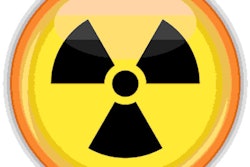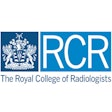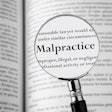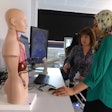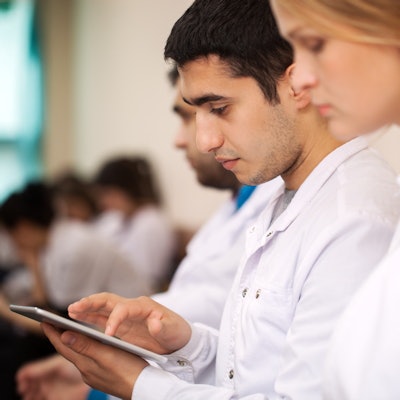
The jury is out on whether the COVID-19 pandemic affected radiology education positively or negatively. But at the very least, students may be learning how to be more resilient, according to a study published on 18 August in Radiography.
A team led by Dr. Wiam Elshami from the University of Sharjah in the United Arab Emirates that included researchers from the U.K. found in survey responses that about 54% of clinical tutors in radiology reported the pandemic having "no impact" on student supervision or feedback, as well as on clinical achievements. The other 46%, however, reported that the pandemic had negative impacts on practical experience.
"The current study has identified conflicting opinions across clinical tutors in different clinical departments," Elshami et al wrote. "Despite the challenges presented by COVID-19, tutors were able to provide direct clinical supervision and feedback to students on clinical placement throughout the pandemic."
Radiologists have been key frontline health workers during the COVID-19 pandemic, providing imaging for patients to help guide treatment. However, student training became quickly impacted as guidelines called for safe distancing, prompting institutions to implement remote learning.
Clinical tutors are based either in the clinical department or the clinical center to help with student learning through supervising, mentoring, and assessing radiology students on clinical placement. The researchers noted tutors can also give unique and valuable insight into the impact of changes to placement and practice due to the pandemic.
However, there is a lack of data exploring the experiences and well-being of students and tutors during the pandemic. Therefore, Elshami and colleagues sought to analyze the perceptions and experiences of tutors, as well as their insight into the experiences of students attending clinical placement during the past couple of years.
The group looked at survey data collected from 59 tutors based primarily in Scotland, Wales, Northern Ireland, and the United Arab Emirates. Out of the total, 27 reported the pandemic having a negative impact while 32 reported no impact on the student experience.
While 11 tutors thought that students should not have been on clinical placement during this time, 30 tutors were happy with the students on placement and reported being willing to assign work to students.
"Interestingly, 58% [n = 34] of clinical tutors suggested that future graduates may need a longer preceptorship after they graduate due to receiving decreased clinical experience during the pandemic," the study authors wrote.
Overall, 46 of the 59 respondents thought that students improved their clinical confidence by working directly with patients who were positive for COVID-19.
Elshami et al suggested that based on their data, clinical placements should continue during future waves of COVID-19, as well as other pandemics that may arise. They wrote that this would help in skill development in resilience and adaptability. Nine tutors in the study reported positive impacts on clinical education and the development of clinical skills during challenging conditions.
The team also called for future research to analyze the extent of underdeveloped skills caused by the impact of the pandemic to help implement coping strategies for both students and tutors.
"The experience of working in the clinical department during COVID-19 for this group of staff has improved preparedness, knowledge, and skills that will be invaluable if another pandemic occurs," the authors wrote.






